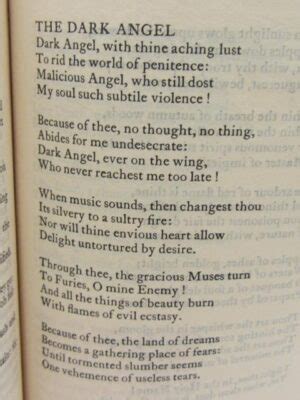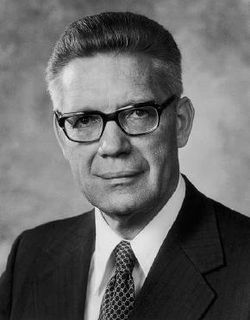A Quote by Dean Koontz
The brain acknowledged the approach of death while the heart stubbornly insisted upon immortality.
Quote Topics
Related Quotes
The woe of mortality makes humans God-like. It is because we know that we must die that we are so busy making life. It is because we are aware of mortality that we preserve the past and create the future. Mortality is ours without asking--but immortality is something we must build ourselves. Immortality is not a mere absence of death; it is defiance and denial of death. It is 'meaningful' only because there is death, that implacable reality which is to be defied.
Certainly the Old Testament does not teach us that there is another life, and upon that question even the New is obscure and vague. The hunger of the heart finds only a few small and scattered crumbs. There is nothing definite, solid, and satisfying. United with the idea of immortality we find the absurdity of the resurrection. A prophecy that depends for its fulfillment upon an impossibility, cannot satisfy the brain or heart.
Misunderstanding may arise by confusing the Buddhist and scientific definitions of death. Within the scientific system you spoke quite validly of the death of the brain and the death of heart. Different parts of the body can die separately. However, in the Buddhist system, the word death is not used in that way. You'd never speak of the death of a particular part of the body, but rather of the death of an entire person. When people say that a certain person died, we don't ask, "Well, which part died?"































